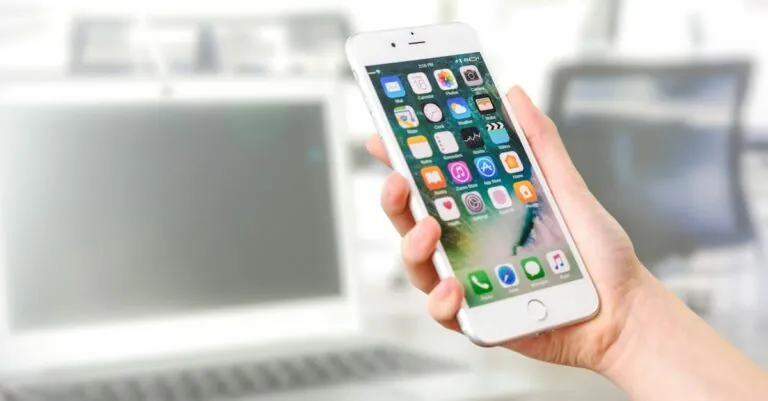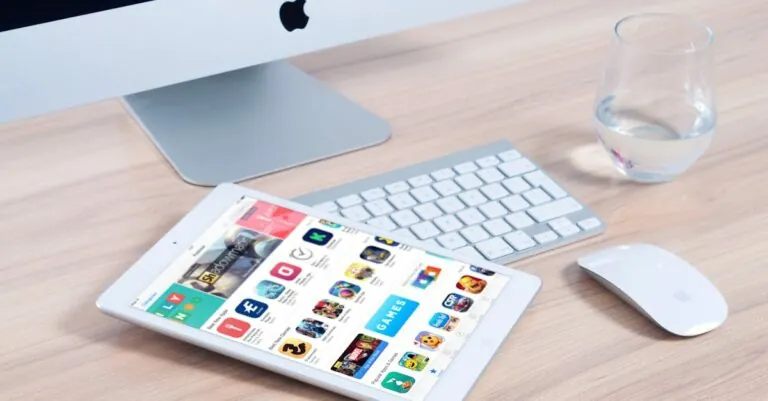Ever been deep in a game or scrolling through your favorite app when suddenly—boom! You’re back on the home screen, as if your phone’s playing a cruel joke? It’s enough to make anyone question their sanity or wonder if their device has developed a mischievous personality.
Table of Contents
ToggleCommon Reasons Your Phone Kicks You Out of Apps
Several factors contribute to the sudden closure of apps on smartphones. Understanding these reasons can help users troubleshoot and prevent future disruptions.
Insufficient Memory
Insufficient memory often leads to app crashes. Devices have limited RAM, and running multiple applications simultaneously can strain resources. Freeing up storage space resolves this issue. Closing background applications or deleting unnecessary files significantly improves performance. Consider checking memory usage settings to identify resource-hogging apps. Updating apps can also optimize their memory consumption.
Software Glitches
Software glitches frequently cause apps to misbehave. Outdated operating systems might not support newer app versions, leading to instability. Keeping both the operating system and apps updated improves compatibility and performance. Restarting the device can sometimes clear temporary glitches, restoring functionality. Regularly checking for updates can prevent recurring problems and ensure a smoother user experience.
App Compatibility Issues
App compatibility issues arise when apps don’t work seamlessly with the device’s software. Some apps require specific operating system versions or features to function correctly. Users should verify that their apps are compatible with their device specifications. Reading app descriptions in stores can provide this essential compatibility information. If problems persist, reaching out to the app developer may yield solutions or updates.
Troubleshooting Steps To Resolve The Issue
Addressing app disruptions requires a systematic approach. Several steps can effectively mitigate the problem.
Restart Your Phone
Restarting the phone often resolves minor glitches. Powering down for a few seconds allows the system to refresh. During this time, any background processes may reset, improving performance. Users frequently find that a simple restart restores app functionality. After restarting, checking if the issue persists can indicate whether further actions are necessary.
Clear App Cache
Clearing the app cache can significantly enhance performance. Cache files accumulate over time and may cause conflicts. Users should navigate to the settings, select the affected app, and choose the option to clear cache. Removing this temporary data often frees up resources, reducing the likelihood of crashes. Frequent cache clearing can maintain optimal app performance, especially for heavily used applications.
Update Apps and Operating System
Updating apps and the operating system is crucial for stability. Developers frequently release patches that address known issues and improve compatibility. Checking the app store for updates can reveal important modifications. Additionally, ensuring the operating system remains up-to-date prevents compatibility problems. Regular updates help maintain overall device performance and diminish the chances of encountering app-related issues.
Preventive Measures
Addressing the problem of apps unexpectedly closing requires proactive steps. Users can take specific measures to minimize these disruptions.
Manage Storage Space
Managing storage space is essential for optimal app performance. Users should regularly delete unused apps and files to free up memory. Checking storage settings can reveal how much space is available, guiding decisions on what to remove. Keeping at least 15% of total storage free often prevents app crashes caused by insufficient memory. Additionally, utilizing cloud services for photos and documents can offload storage demands, significantly enhancing device responsiveness.
Regular App Maintenance
Regular app maintenance ensures apps function smoothly. Users must keep applications updated, as updates often include crucial performance improvements and bug fixes. Checking for updates requires navigating to the app store and reviewing the update section. For apps frequently crashing, uninstalling and reinstalling can restore them to default settings, eliminating any corrupted data. Additionally, clearing app caches periodically can prevent performance lags caused by accumulated data. These maintenance practices contribute to a more reliable user experience overall.
Experiencing sudden app closures can be incredibly frustrating for users. By understanding the root causes and implementing the suggested troubleshooting steps, they can significantly improve their device’s performance. Regular maintenance such as clearing cache and managing storage not only enhances app stability but also prolongs the life of the device. Staying proactive and keeping software updated ensures a smoother and more enjoyable experience. With these strategies in place, users can minimize disruptions and get back to enjoying their apps without interruption.


